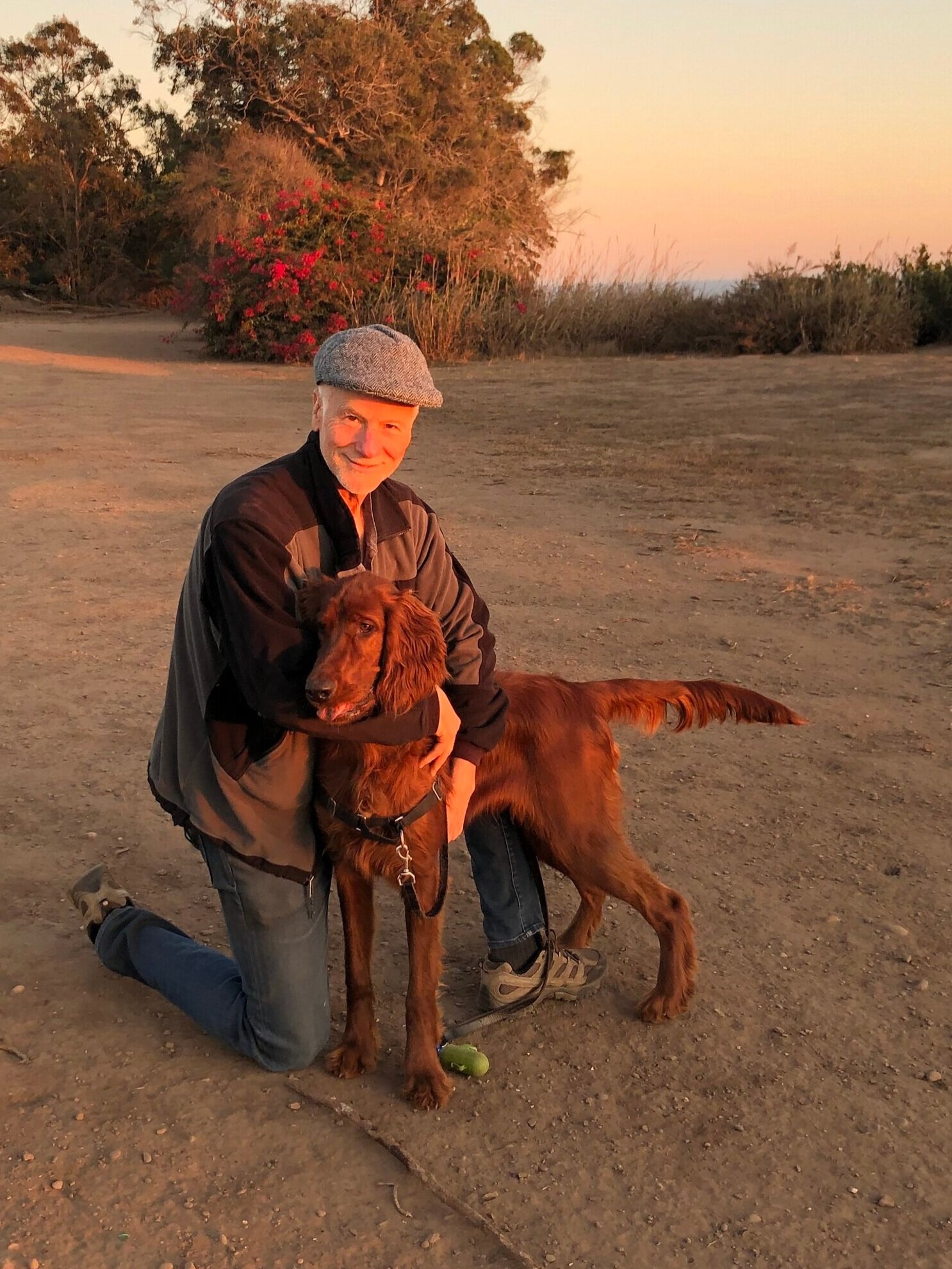Another Monkey
/Sitting in a small office on hard wooden benches with a bare wooden table between us, in the suffocating heat of Chennai, India, I was talking with my yoga teacher, TKV Desikachar. I was in my mid thirties and confused about a number of things. My central questions were about my life direction; I was trained in general medicine, certified in psychiatry and knew yoga, but felt somehow inadequate, that I needed more training and qualifications, perhaps in acupuncture, Ayurveda, or something else. My teacher saw through my grandiose delusion, and told me: “Stop! You have everything you need. What is missing from the equation is you.”
He proceeded to give me a practice designed to locate the “I am” sense in the middle of my heart area, instead of my head, involving yoga asanas, breathing and chanting. I had been living in a mental world, constructed of thoughts and anxieties, but lacking a heartfelt presence. In this mental sphere, the main driver was doubt, or as I now know it, obsessional doubt. Doubt stands at the opposite pole from faith, or Sraddha in Sanskrit.
In this context, faith is not belief. It does not involve a deity, or certainty about anything, since if we are honest there is no certainty to be found anywhere. He described it as “a mother’s feeling toward her infant.”
Over many years I came to experience a shift in this direction. The sense is of a relaxation in the belly and heart area, an openness and immediacy of contact with others and the world, and a quiet upstairs in the mental sphere.
The wonderful aspect of this shift is the emergence of wisdom without thought. I can now be present and responsive with others, free from mental analysis, and trusting my entire system to respond appropriately, drawing on a deep well of insight. The source is not mine, and is not the result of qualifications or status. The source lies downward, not upward, and is drawn from experience, knowledge, teachings I’ve received, openness to the other, well-wishing and trust in life itself.
The second teaching I received from Desikachar that day was a story he told about his own early career. His most famous student was the philosopher J. Krishnamurti. As a young man, Desikachar was becoming well known in Europe and beyond, being both very gifted and the son of India’s most famous yogi, T. Krishnamacharya. He was offered the leadership of the European Yoga Federation, and asked Krishnamurti about it.
Krishnamurti's response stayed with me: “Sir, don’t become another monkey!” This has proved a profound teaching for me, and has helped me in my own career, and in my discernment of the ethics and direction others are taking.
What is it to become another monkey? We learn from many sources, teachers, guides, elders, friends, teachings, books, ancestors, and due to our individual natures we may express our learning in seemingly novel ways. It is tempting to take ownership of our success, to claim originality, special insight or a new approach.. Thus the paradox: we are of course expressing ourselves in an original way, hopefully. We may have synthesized the teachings of others in a refreshing way, or even had a leap of insight others may not have had. But the moment we claim ownership and begin to build a brand, the process of becoming another monkey may have started. The marketing of oneself, fabrication of an image, taking it on the road, selling it…often leads to a tarnishing or even falsification of the original insight. We see this in gurus of all stripes, influencers, wellness experts and guides.
Feeling good about what we are offering the world is important, and learning to express ourselves in our lives does matter. But the transition to self-promotion is the slope leading from authenticity to charlatanism.
As Desikachar would say about his own teaching, “I am just sharing what I have received.” He felt that once we receive something we have a duty to share it, but no claim to it.
